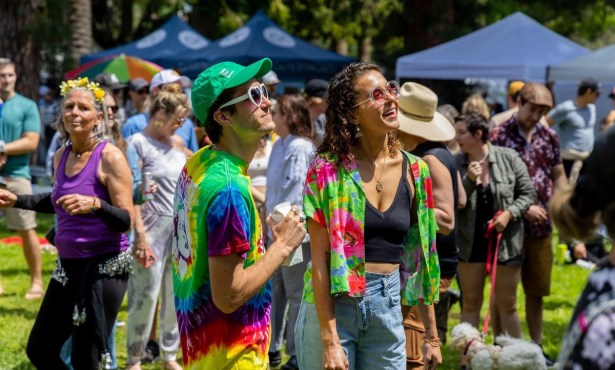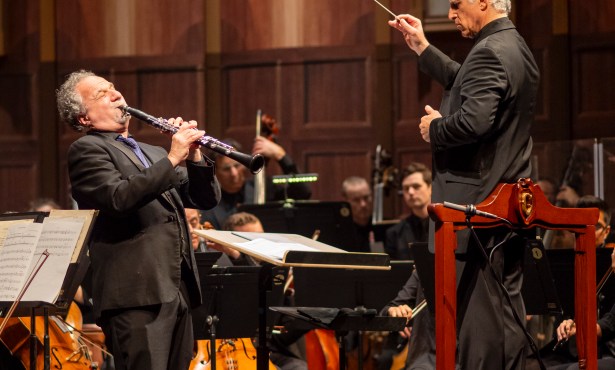Books of Poetry
Six New Works for Summer Reading
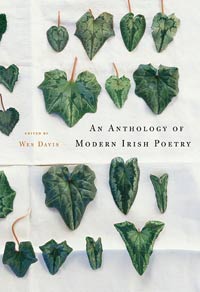
Wes Davis, Editor, An Anthology of Modern Irish Poetry (Harvard, 2010)
This massive collection ranges from Padraic Colum, who began writing at the end of the 19th century, to Sinéad Morrissey, who was born in 1972. Every major poet one expects to find is here—Heaney, Mahon, Montague, Boland, Carson, Kavanagh, Kinsella, Longley, Muldoon, McGuckian, Ní Dhomhnaill—and yet the lesser luminaries shine nearly as brightly. For a thousand pages, I was nearly always fully engaged from poem to poem to poem. An astonishing collection.
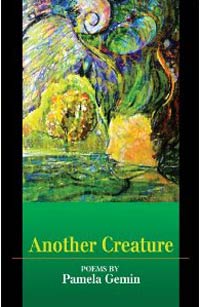
Pamela Gemin, Another Creature: Poems (University of Arkansas, 2010)
As the titles indicate, these are poems about real people living real lives: “Trash Night,” “Drinking Man,” “Fat Woman with Fishburger, Fries.” Gemin’s voice is tough but vulnerable. On the loss of her lover, the narrator of “Bottom of the Cup” acknowledges, “Out loud I said, sturdy, if nothing else, I am sturdy. / That doesn’t mean strong.”
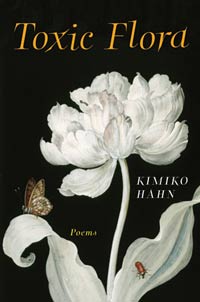
Kimiko Hahn, Toxic Flora (Norton, 2010)
Articles from the weekly science section of the New York Times triggered these poems, and Hahn admits that one of her challenges was “to live up to [the science writers’] own gorgeous and urgent writings.” Not to worry: This is poetry of the highest caliber, toggling back and forth between wonder and despair. “Phantosmia,” for instance, is a portrait of a woman suffering from olfactory hallucinations, unable to discern “if something was meant to smell sweet / or humiliate.”
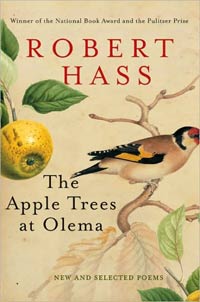
Robert Hass, The Apple Trees at Olema: New and Selected Poems (Ecco, 2010)
Hass, the author of such essential 20th-century American poems as “Meditation at Lagunitas” and “A Story About the Body,” is represented here by 350 pages of finely wrought, frequently philosophical verse that is both avant-garde and deeply imagistic. Essential reading.
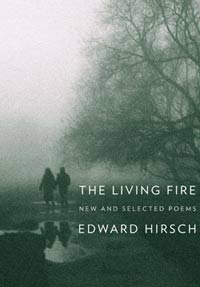
Edward Hirsch, The Living Fire: New and Selected Poems (Knopf, 2010)
Like Hass, Edward Hirsch writes poems that are heady while still firmly anchored in the things of this world. Frequently, Hirsch is drawn to unlikely subjects—commuters, basketball players, pest exterminators, branch libraries—and yet his poetry nearly always resolves on a note of seriousness, as in “Two Suitcases of Children’s Drawings from Terezin, 1942-1944,” one of the most powerful Holocaust poems ever written.
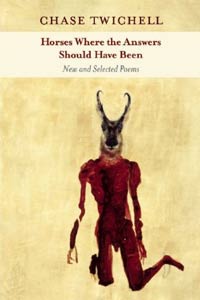
Chase Twichell, Horses Where the Answers Should Have Been: New and Selected Poems (Copper Canyon, 2010)
It’s out of fashion for poets to seek something like the meaning of life, but that’s exactly the project of this elegant, underappreciated poet, a woman capable of realizing, as she looks up “into the night’s faint green” that she is “nothing but a minor crush of cells, / a bit of human substance / playful in imaginary forms.”

